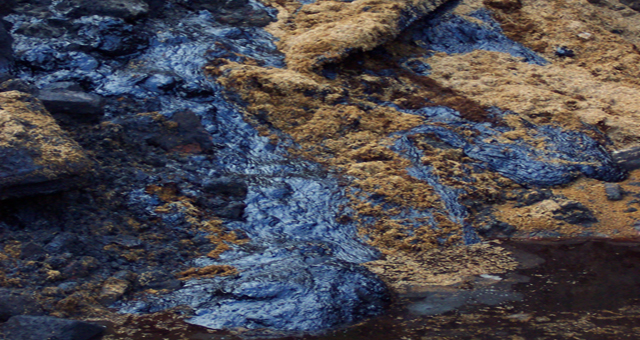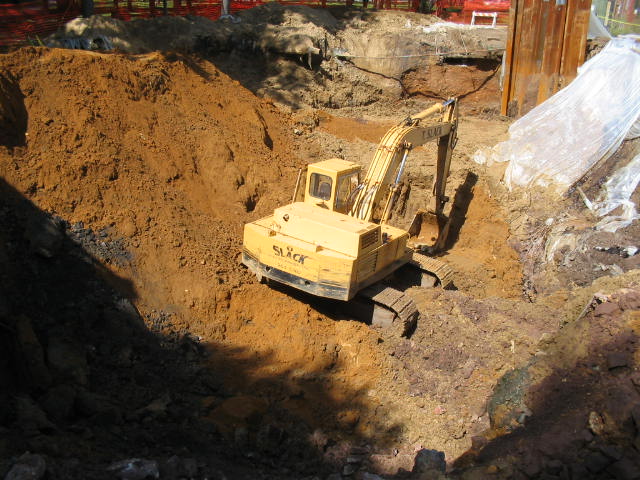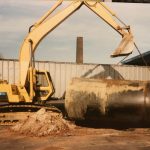Dangers of Oil Contamination in NJ Soil
When considering buried oil tanks, it’s natural to wonder how one could ever begin to leak. Have we buried seemingly ticking time bombs under our precious soil? What causes these leaks, which usually start off very minor, is a negative reaction between the steel of the tank and the surrounding soil. Due to this reaction, corrosion begins and slowly deteriorates the rest of the steel. Knowing this type of information now, leaking oil tanks are removed but not often before some damage is already done to the nearby ecosystem and water source. It’s important to begin soil remediation as soon as any sort of oil contamination occurs in New Jersey.
Harm to the Ecosystem
When we hear about “oil spills” we usually think about oil being dumped into our oceans, but a leaking oil tank can also constitute an “oil spill” These types of spills are commonly on a much smaller scale than spills of oil being transported across oceans, yet pre-existing ecosystems can still become damaged. Animals nearby or even burrowing down in the soil, may accidentally consume the oil, which can at the very least damage major organs and at the very worst cause a series of fatalities among the species and those above the species on the food chain as well.

Water Contamination
One of the biggest fears with oil leakages under the soil is that the water could potentially become contaminated. Clues that you may have an oil leak include petroleum smells, puddles of oil, or discoloration of soil. With a leaking oil tank, petroleum could sink as far as ten feet further down into the soil. Any water or soil that becomes contaminated needs to be removed, purified, and, if needed, destroyed of appropriately. The New Jersey Department of Environmental Protection has a branch known as the Water Compliance and Enforcement program. They are a big part of the soil remediation process in NJ because they inspect any polluted water, enforce distribution laws, and ensure that all water has reached a certain purity standard.
Financial Dangers
Not only can oil leakage cause severe health complications, but it can also be a huge blow to the wallet of the commercial land owner. Instead of replacing an oil tank for a couple thousand dollars, implementing soil remediation in NJ can cost anywhere from $7,000 to $15,000.
Preventative Measures
It’s important to have monthly checks especially with older tanks under the soil. Another good preventative measure is having a hired professional clean the inside of the tank every five years. Typically an underground oil tank will last up to 15 years at which point it’s smart to replace to avoid leakage, contamination, and the need for soil remediation in NJ.
The Clean-Up: Soil Remediation
Soil remediation in New Jersey is a strictly regulated process. First groundwater and soil is treated and saved if possible. Standards set by NJ legislation are enacted to determine whether certain groundwater has remained drinkable. An “impact to groundwater pathway” investigation qualifies any soil that could have potentially been polluted by discharge. To follow through with this investigation, Table 1 in the Soil Water Partition Equation document is followed.

An LSRP, Licensed Site Remediation Professional, is required in these types of situations and guarantees the process to progress in a timely fashion for environmental safety purposes. An LSRP worker must inform the NJDEP of the progress and completion of the remediation within 15 days of beginning the investigation. To conclude the soil remediation process, a declaration of “No Further Action” required must be issued, to ensure the land is a non-hazardous area for life to now exist.
Keeping our environment pollution and waste free begins with these reactive and preventative measures. Contact us for any questions, concerns, or service scheduling regarding your commercial oil tank needs.




